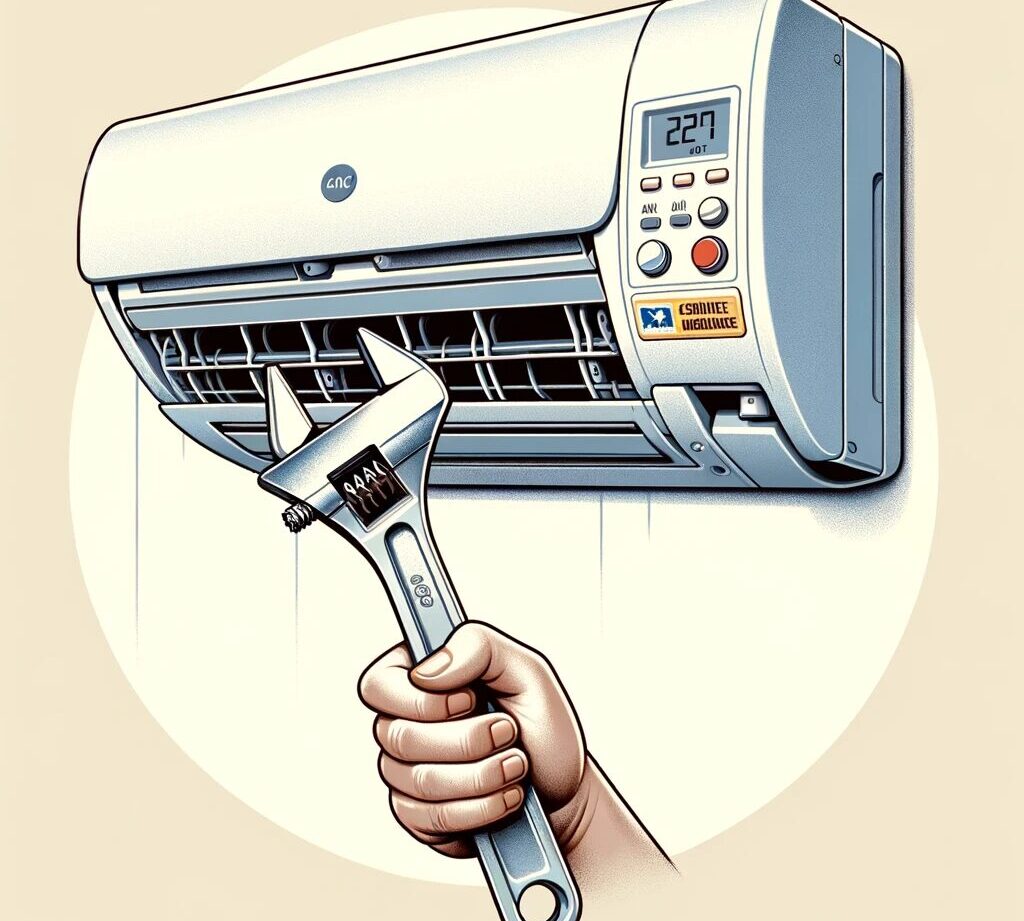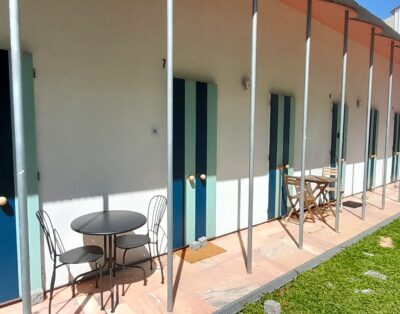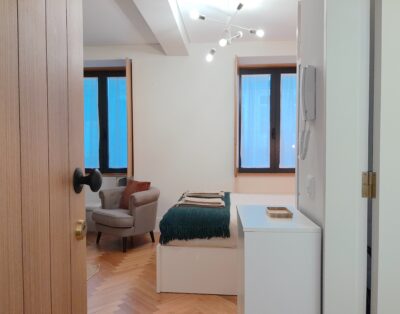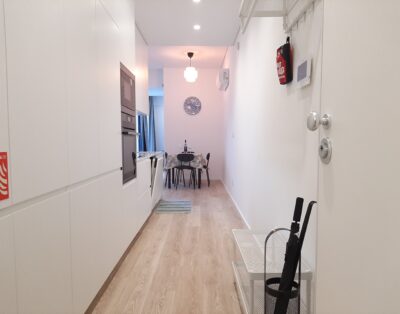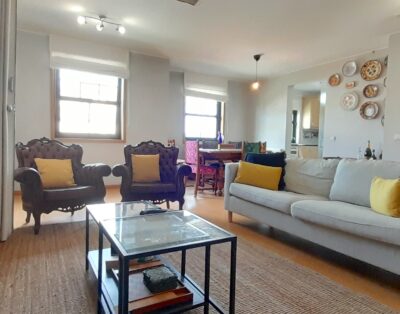Mastering HVAC System Maintenance for Landlords

Heating, Ventilation, and Air Conditioning (HVAC) systems play a pivotal role in ensuring comfortable living conditions within rental properties. Regular HVAC system maintenance is essential for operational efficiency, tenant satisfaction, and prolonging the lifespan of the system. This guide outlines the crucial steps landlords should take to maintain HVAC systems effectively.
Routine HVAC Maintenance Tasks
- Filter Replacement: Change or clean HVAC filters every 1-3 months, depending on usage and the type of filter. A clean filter improves air quality and system efficiency.
- Thermostat Checks: Ensure thermostats are functioning correctly and accurately. Consider upgrading to programmable or smart thermostats for better energy management.
- Ductwork Inspection: Inspect ducts for leaks, obstructions, or insulation issues. Leaky ducts can significantly reduce system efficiency and increase energy costs.
- Condenser and Evaporator Coil Cleaning: Clean the condenser and evaporator coils annually to prevent dirt and debris buildup that can impair the system’s efficiency.
- Drain Line Clearing: Check and clear the HVAC drain line and pan. A clogged drain line can cause water damage and affect indoor humidity levels.
Seasonal Maintenance Tips
- Spring and Fall Checkups: Schedule professional HVAC inspections and maintenance in the spring for the cooling system and in the fall for the heating system. These checkups can identify and fix any issues before peak usage times.
- Winterizing: For properties in colder climates, winterizing the HVAC system includes ensuring that all outdoor components are protected from freezing conditions.
- Cooling System Preparations: Before the summer season, check the coolant levels and ensure the system is ready to operate efficiently during warmer months.
Engaging Professional Services
While basic maintenance tasks can be performed by landlords, professional HVAC technicians should conduct comprehensive annual inspections. Professionals can handle complex issues such as checking refrigerant levels, testing electrical components, and ensuring the system complies with HVAC standards and regulations.
Tenant Education and Responsibilities
- Educate Tenants: Provide tenants with information on using the HVAC system efficiently, such as optimal thermostat settings and the importance of reporting any HVAC issues promptly.
- Set Clear Maintenance Responsibilities: Define in the lease agreement which HVAC maintenance tasks are the tenant’s responsibility, such as replacing filters, and which are handled by the landlord.
Record Keeping and Compliance
- Maintenance Records: Keep detailed records of all HVAC maintenance, repairs, and replacements. Documentation is essential for warranty purposes, potential insurance claims, and proving compliance with housing codes.
- Energy Efficiency Compliance: Stay informed about local regulations and incentives related to energy efficiency. Upgrading to energy-efficient HVAC systems or components can result in cost savings and compliance with green building standards.
Enhancing Tenant Comfort and System Longevity
Regular HVAC system maintenance is not just a regulatory requirement; it’s a critical investment in your property’s value and your tenants’ comfort. By implementing a proactive maintenance schedule, educating tenants, and partnering with HVAC professionals, landlords can ensure their HVAC systems operate efficiently, reduce unexpected repair costs, and maintain a comfortable environment for tenants year-round.
Need help managing your property? Contact us here!


